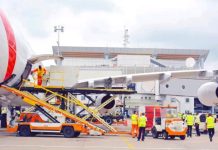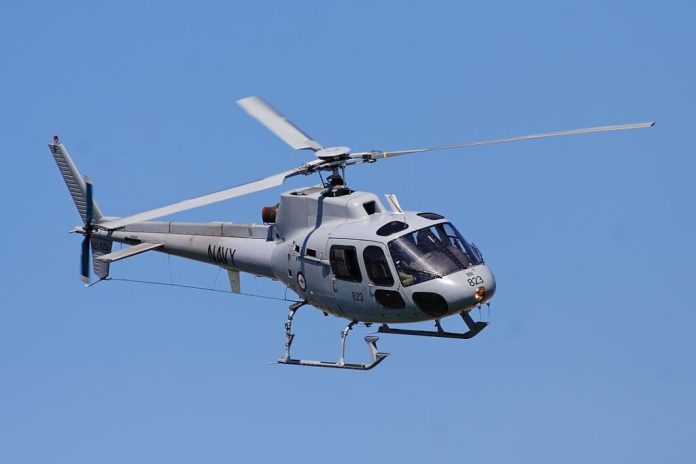A controversial $300 helicopter landing levy imposed on oil companies by Nigeria’s Ministry of Aviation and Aerospace Development has sparked outrage, with growing fears that it may raise the cost of fuel and worsen inflation. The levy, targeted at helicopters landing on oil rigs, helipads, FPSOs, and other offshore platforms, is being collected by a private contractor, NAEBI Dynamic Concept Ltd
Industry experts, including Capt. Ado Sanusi of Aero Contractors, have warned that the cost will inevitably be passed on to consumers, potentially increasing petrol and diesel prices and worsening Nigeria’s inflation. “There’s no way oil firms will absorb this without passing it on. It raises the cost of production, which affects everyone,” Sanusi stated.
The levy was initially introduced under the Buhari administration but was suspended in May 2024 after pushback from the Airline Operators of Nigeria (AON). However, a recent circular dated May 15, 2025, signed by NAMA’s Air Traffic Control Operations department, confirmed the resumption of enforcement.
The directive excludes airline operators (AON members) but targets oil and gas companies operating helicopters to and from remote oil facilities. Companies like Chevron, Shell, TotalEnergies, and ExxonMobil — operating across at least 32 oil rigs — are expected to be affected.
Critics argue the levy lacks legal backing, with concerns over its approval process, the legitimacy of using a private firm, and the contradiction of CBN rules against foreign currency charges for local services. There are also questions about why the Nigerian Civil Aviation Authority (NCAA), the only body empowered to approve aviation charges, was bypassed.
Group Capt. John Ojikutu (rtd.) questioned the safety and legal implications, noting that helipads are often privately owned. “If the government claims authority to collect landing fees from private helipads, will it also accept liability in case of accidents?” he asked.
While the government defends the levy as a new revenue stream, oil companies remain unconvinced and are reportedly considering shutting down operations if forced to comply. The Aviation Ministry has pledged further engagement with stakeholders to address the concerns, but for now, compliance remains low, and the debate continues.













